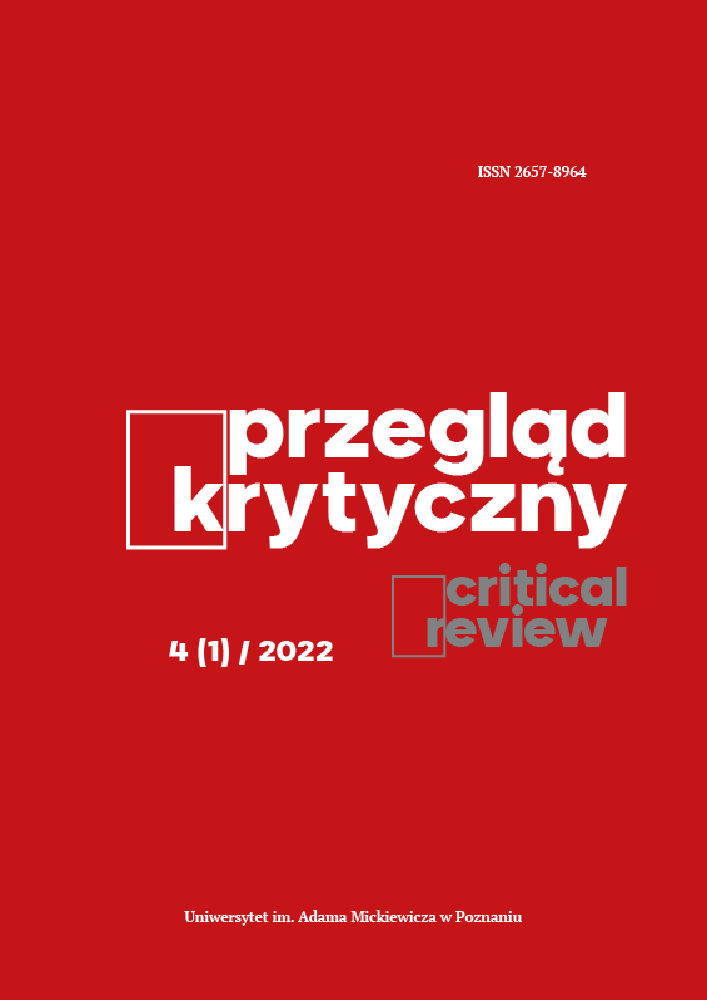Abstract
Women suffered greatly during the wars in the former Yugoslavia, particularly in Bosnia and Herzegovina. They lost everything they owned, they were widowed, had to flee, were victims of sexual violence or even lost their lives. Most have never gotten over their trauma from the war. Many of their tormentors have still never been brought to justice. At the same time, there were also women who supported the military conflict and ethnic hate as spreaders of propaganda, nationalists and war criminals. This article will explore the different fates and range of agencies open to women, who were to be sure primarily victims in the Balkan wars of the 1990s, but not just. It will also be shown how even after suffering brutal wartime experiences, women are now fighting for their rights and breaking open the patriarchal social structure existing up to today.
References
Asimović Akyol, Riada. 2019. For Bosnian Women, No Justice – and No Seats. In the Balkan Wars, Women were Targets. In Postwar Governments, They’ve Been Pushed out of Sight. https://foreignpolicy.com/2019/10/03/bosnian-women-balkan-war-no-justice-and-no-political-power/ [Last access 10/03/2019].
Burg, Steven/ Shoup, Paul S. 2009. The War in Bosnia-Herzegovina. Ethnic Conflict and International Intervention, London: Routledge.
Bachmann, Klaus. 2003. Wissenschaftlerin. Nationalistin. Kronzeugin. Häftling. “Stuttgarter Zeitung“, 02/28/2003, p. 4.
Balon, Bojana (ed.). 2014. Položaj žena u oružanim snagama država Zapadnog Balkana [The Status of Women in the Military in the Western Balkans]. Belgrade: SEESAC (South Eastern and Eastern Europe Clearinghouse for the Control of Small Arms and Light Weapons).
Calic, Marie-Janine. 2012. Krieg und Frieden in Bosnien-Hercegovina. Frankfurt am Main: Suhrkamp Verlag.
Ebrod.net. 2016. Braniteljice se danas osjećaju poniženo i zaboravljeno, a svašta su doživjele u Domovinskon ratu, pa i silovanja visokih časnika čija imena ne smiju spominjati [The defenders feel oppressed and forgotten today. They have gone through a lot in the civil war, even been raped by high ranking officers whose names they are not allowed to mention],http://www.ebrod.net/slavonski-brod/clanak/braniteljice-se-danas-osjecaju-ponizeno-i-zaboravljeno-a-svasta-su-dozivjele-u-domovinskom-ratu-pa-i-silovanja-visokih-casnika-cija-imena-ne-smiju-spo-17317.html [Last access 08/15/2019].
Husić, Sabiha/ Šiljak, Irma/ Osmanović, Emin/ Đekić, Ferida and Lejla Heremić. 2014. Research on the long-term consequences of war rape and coping strategies of survivors in Bosnia and Herzegovina - “We are still alive. We have been harmed but we are brave and strong.” Zenica: Medica Zenica/Medica mondiale.
Martens, Michael. 2009. Die taktische Reue der Biljana Plavšić. “Frankfurter Allgemeine“, 10/27/2009, p. 4.
Mazowiecki, Tadeusz. 1992. Report on the Situation of Human Rights in the Territory of the Former Yugoslavia. Special Rapporteur of the Commission on Human Rights, pursuant to Commission resolution 1992/S-1/1 of 14 August 1992; E/CN.4/1993/50.
Nettlefield, Lara J./ Wagner, Sarah E. 2014. Srebrenica in the Aftermath of Genocide, Cambridge: Cambridge University Press.
Omanić, Ajnija/Serdarević, Mevlida/Ovčina, Amer/Omanić, Hajrunisa and Jasna Omanić. 2010. Participation of Women in the 1992 – 1995 War in Bosnia and Herzegovina. “Acta med-hist Adriat” 8 (1):135 – 144.
Prusina, Ivana. 2019. Female War Criminals: Untold Story of the Balkan Conflicts, https://balkaninsight.com/2018/11/30/female-war-criminals-untold-story-of-the-1990s-conflicts-11-29-2018/ [Last access 08/15/2019].
Rüb, Matthias. 2001. Radikaler Sinneswandel einer radikalen Nationalistin. “Frankfurter Allgemeine“, 01/11/2001, p. 5.
Seifert, Ruth, Krieg und Vergewaltigung. Ansätze zu einer Analyse, in: Stiglmayer, Alexandra (Ed.), Massenvergewaltigung. Krieg gegen die Frauen, Frankfurt/Main 1993, p. 87–113.
Sieber Egger, Anja. 2011. Krieg im Frieden. Frauen in Bosnien-Herzegowina und ihr Umgang mit der Vergangenheit. Bielefeld: transcript Verlag.
Spahić, Aida/Aganović, Arijana and Zlatan Delić (et al.). 2014. Women Documented. Women and Public Life in Bosnia and Herzegovina in the 20th Century, Sarajevo: Sarajevo Open Center.
Stanić, Sanja and Katarina Mravak. 2012. Domovinski rat – ratna iskustva žena [The Homeland War – Women’s War Experiences]. “Polemos” 1 (15): 11 – 32.
Šućur, Zoran/Babić, Zdeno and Jelena Ogresta. 2017. Demografska i socioekonomska obilježja hrvatskih branitelja [Demographic and Socio-economic Characteristics of the Croatian Defense]. Zagreb: Ministarstvo hrvatskih branitelja i Zavod za statistiku [Ministry of Croatian Defenders and Bureau of Statistics].
Ulrich, Stefan. Das Gewissen der Kriegsverbrecherin. “Süddeutsche Zeitung”, 02/27/2003, p. 2.
Vince-Pallua, Jelka. 2001. “Virdžina, zavjetovana djevojka.” [Virgin, a Girl Offered by a Vow] Kruh i Ruže [Bread and roses] 13:44–53.
Weitsman, Patricia A. 2008. “The Politics of Identity and Sexual Violence: A Review of Bosnia and Rwanda”. Human Rights Quarterly 30 (3): 561–578.
License
W przypadku zakwalifikowania tekstu do druku Autor wyraża zgodę na przekazanie praw autorskich do tego artykułu wydawcy (zob. Polityka open access). Autor artykułu zachowuje prawo wykorzystania treści opublikowanego przez czasopismo artykułu w dalszej pracy naukowej i popularyzatorskiej pod warunkiem wskazania źródła publikacji.


